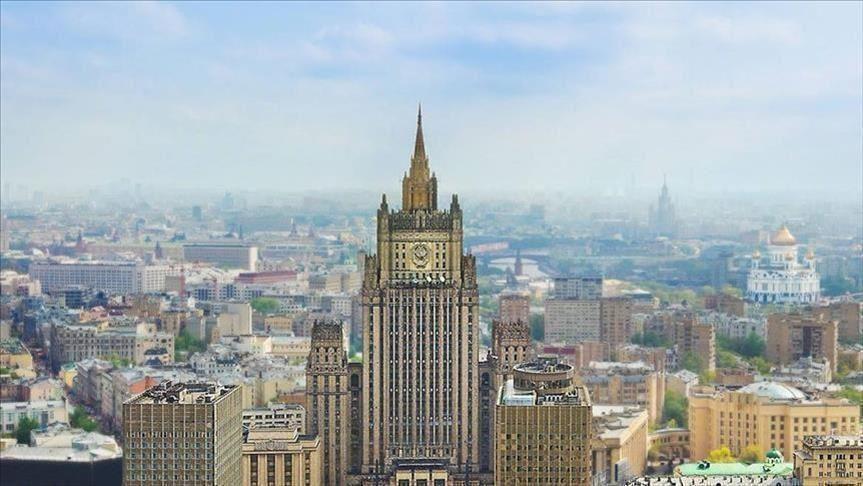Phnom Penh (FN), Feb. 10 – Today the Russian Federation marks the Diplomat’s Day – a professional holiday dedicated to the service of the foreign policy officials. This holiday was established by the Decree of the Russian President on 31 October 2002, when 200 years of the Russian Ministry of Foreign Affairs was celebrated.
The introduction of the Diplomat’s Day marked the acknowledgement of the significance of this profession, contributed to the further building-up of the quality and efficiency of the work of those employed in the service. What is more, it was also a tribute to the veterans, who defended the interests of our nation, as well as our predecessors, who could be regarded as outstanding examples of faithful and devoted endeavor to the Homeland.
With many generations of diplomats have been fulfilling their professional commitment for several hundreds of years, the Russian diplomatic service owns profound traditions of the past, as well as experience of development and adaptation to the calling of the present era. The nature of the Russian diplomacy was defined by the periods of successes and glory, as well as times of hardships.
The history of the diplomatic efforts undertaken by our ancestors could be traced back to the early years of the Ancient Rus statehood. The first recorded document is dating back to 860, when following the successful campaign against Byzantine Empire by Russ forces, the bilateral Agreement on Peace and Love was concluded.
Today the leaders of the past are regarded as the patrons of some professions. In this regard, Prince Alexander of the Neva is a saint patron of the art of diplomacy. Using his wisdom and far-sightedness, he managed to protect the Homeland from the northern invaders amid the terrible period of Mongol conquest in mid-13th century.
The date of the Diplomat’s Day is connected with the earliest reference 1549 to the special institution in 1549 – the Ambassadorial Department (or “Posolsky Prikaz” in Russian). Then in late 15th – mid. 16th century the new horizons and opportunities opened for the solidifying state, that just had freed itself from the foreign yoke. Moscow started to strenuously establish diplomatic ties with other European monarchies, including the Holy Roman Empire, England, as well as developing usual interactions with Poland, Sweden, territories of the Teutonic Order. The intensity of Russia’s involvement in the Europe-wide affairs, as well as communications with the Middle East and Asia gradually increased, with the diplomatic service institution changing with the time. Hence, in 1718-1720 the Ambassadorial Department was turned into the Collegium of Foreign Affairs, and in 1802 by the Manifest of Tsar Alexander I it was transformed into the Ministry of Foreign Affairs.
The Russian diplomatic service went through the horrors of the First World War and fire of the October Revolution of 1917. The diplomats did their best for the Motherland to overcome hardships. During tragic years of the Second World War (1939-1945), many of them served in the army, militia, police forces and gave their lives to bring closer the victory over the Nazi invaders. They have always demonstrated enlightened patriotism, high professional culture, deep understanding of national interests.
In the current unstable world, complicated by grave global challenges and regional volatility, the diplomacy requires readiness to cooperate with others to settle these problems. The Russian Federation is always open to joint mutually beneficial actions in the interests of humankind. Among the examples of such concerted steps are the Astana talks on the peace process in Syria, the OSCE Minsk Group Co-Chairs’ success in stopping the warfare in Nagorno-Karabakh, as well as recent Russia-US agreement to extend the Treaty on Measures for the Further Reduction and Limitation of Strategic Offensive Arms (2010).
Amid the COVID-19 pandemic, it is important to continue the collective approach in the fight against the coronavirus infection. With concerted actions, it would be possible to accelerate the response to the disease, thus saving lives of the many and reaffirming the mutual responsibility of the humankind for the future of our next generations.
H.E. Mr. Anatoly Borovik, Ambassador of the Russian Federation to the Kingdom of Cambodia
=FRESH NEWS


